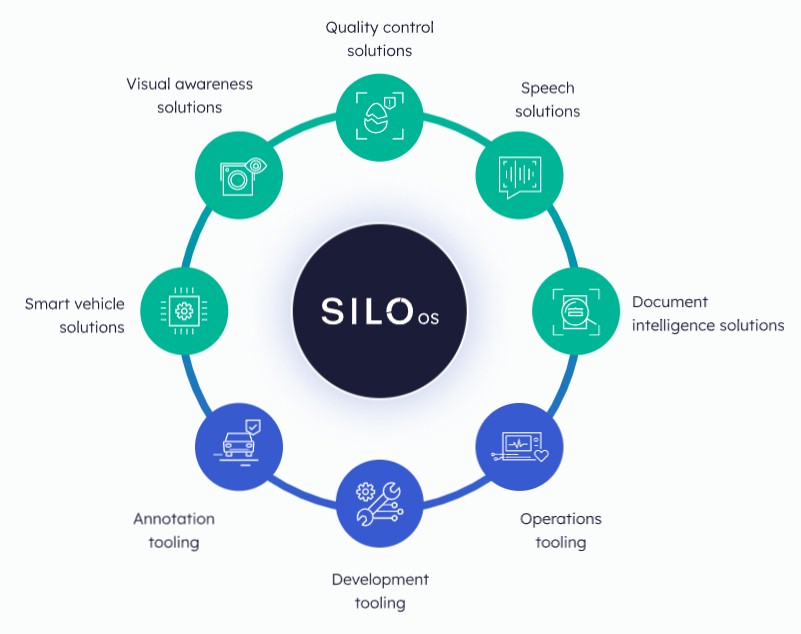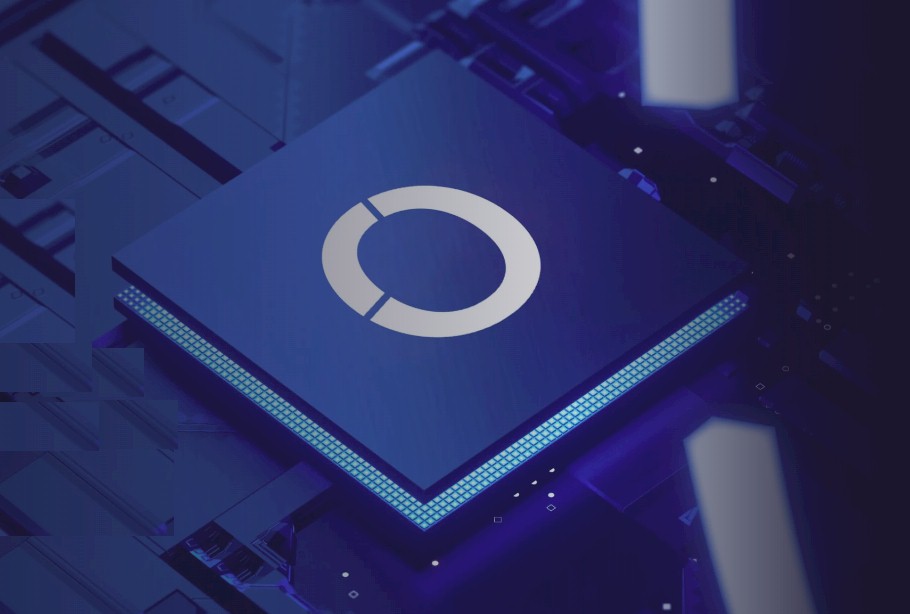You can build a software ecosystem if you have time. But sometimes, you want to speed things up, and then you have to pay to build that ecosystem out. And that is precisely what AMD has been doing for the past year, and what we expect the company to do more and more as it tries to take on archrival Nvidia on its home ground turf of AI.
The fight between Nvidia’s CUDA language and related libraries and AMD’s upstart ROCm tools and libraries has been going on for years, and Nvidia still holds a huge advantage in having thousands of HPC and AI applications and models running natively on its CUDA platform. AMD has closed the gap in recent years, but the portfolio of ported frameworks and applications is still only a fraction of that covered by Nvidia and its software partners.
To a certain extent, the $49 billion acquisition of Xilinx, which was completed in February 2022, was done to bolster AMD’s software and algorithmic arsenal across a diverse set of industries. It didn’t hurt that the Xilinx FPGA business added to AMD’s datacenter and embedded systems revenues, and increased its profit margins on these fronts, either. The company’s market capitalization increase since that deal, which made Wall Street that much more confident about AMD’s prospects before the GenAI boom exploded later that year, has paid for Xilinx many times over. So in this sense, we guess, Xilinx was “free.”
But getting more AI software expertise and intellectual property is an ongoing affair for AMD. What Nvidia takes for granted and what happens naturally because of the hegemony of the Nvidia GPU platform, AMD has to pay for. Which is why the company is shelling out $665 million in cash to buy Silo AI, a Finnish AI startup that the company has become acquainted with thanks to the construction of the Lumi supercomputer that is part of the EuroHPC collective that is based on AMD Epyc processors and Instinct GPU accelerators.
Silo AI was founded in Helsinki in September 2017. One of its co-founders and currently its chief executive officer is Peter Sarlin, who got his bachelors and masters degrees in economics at Åbo Akademi University and then got a PhD in computer science from Turku Centre for Computer Science, specializing in machine learning and financial stability. (Ironic, that.) Sarlin has taught machine learning at and done research for a number of academic and governmental organizations since then, and teamed up with five other people to create Silo AI to create an AI lab and deliver AI as a service to enterprises and other organizations in Europe, focusing initially on the Nordics as you might expect.
The five other co-founders of Silo AI include company chairman Tero Ojanperä (former chief technology officer at telecom equipment maker Nokia), Juha Hulkko (founder of ElektroBit Automotive, a maker of automated driving software), Johan Kronberg (former chief executive officer and chairman at PwC), Kaj-Mikael Björk (a professor in machine learning at Turku Centre), and Ville Hulkko (co-founder of Valossa, a video AI laboratory).
Silo AI raised €10 million in two rounds of funding – in June 2019 and June 2022 – and passed the 100 employee mark in late 2020 and currently has more than 300 employees and posted €21 million in revenues in 2023. Of those employees, 125 of them are PhDs in various fields, and the combined team has done over 200 AI implementations around Europe with a smattering of deals in North America and elsewhere. Marquee customers include Allianz, Finnair, Honda, Philips, Rolls-Royce, and Unilever – and AMD rivals Nvidia and Intel are also customers. The company also used the Lumi system at the CSC facility in Kajaani, which has over 12,000 AMD Instinct MI250X GPU accelerators, to train the Poro (Finnish) and Viking (Danish, Finnish, Norwegian, Icelandic, and Swedish) large language models, both of which also work in English.

Over the years, Silo AI has created its own AI platform, which it calls the Silo Operating System, which includes AI frameworks, models, and other MLOps tools to automate the production deployment of AI models and to cover common use cases for smart vehicles, surveillance, quality control, speech recognition and translation, and document library augmentation. With its SiloGen service, Silo AI creates a custom LLM for customers and deploys it alongside corporate applications and sells that as a service for companies to deploy.
At somewhere around 30X trailing revenues, AMD is paying a tidy premium to acquire Silo AI, and clearly it wants to take the company’s experts and help build out the AI stack for its Instinct GPUs. It could even turn out that AMD is going to push more heavily into services, helping customers implement AI systems as Silo AI has done. This would stand to reason, and it would give AMD a line of business that is different from Nvidia, which tends to leave such work to the system integrators and consultancies of the world.
The Silo AI acquisition follows two other deals AMD has done to take control of AI startups in recent months. Back in October 2023, AMD acquired American AI startup Nod.ai, which was founded in 2013 and which had created an abstraction layer called Shark that boosts the inference performance of AI models across disparate hardware. And before that, in August 2023, AMD acquired French AI startup Mipsology, which was founded in 2013 and which had created an abstraction layer called Zebra that can take inference models compiled for CPUs and GPUs and make them run on FPGAs.
Terms of the Nod.ai and Mipsology deals were not disclosed, but the Silo AI deal was material enough – meaning large enough compared to AMD’s balance sheet – to warrant a disclosure. AMD said in a statement that it has invested over $125 million across a dozen AI companies in the past twelve months, and it is likely that the Nod.ai and Mipsology deals represent a fair chunk of this.
The Silo AI acquisition is expected to close before the end of the year, subject to the usual regulatory approvals. Sarlin will continue to be in charge of the Silo AI team, which is being folded into AMD’s Artificial Intelligence Group that has senior vice president Vamsi Boppana running it.

Featuring highlights, analysis, and stories from the week directly from us to your inbox with nothing in between.
Subscribe now




